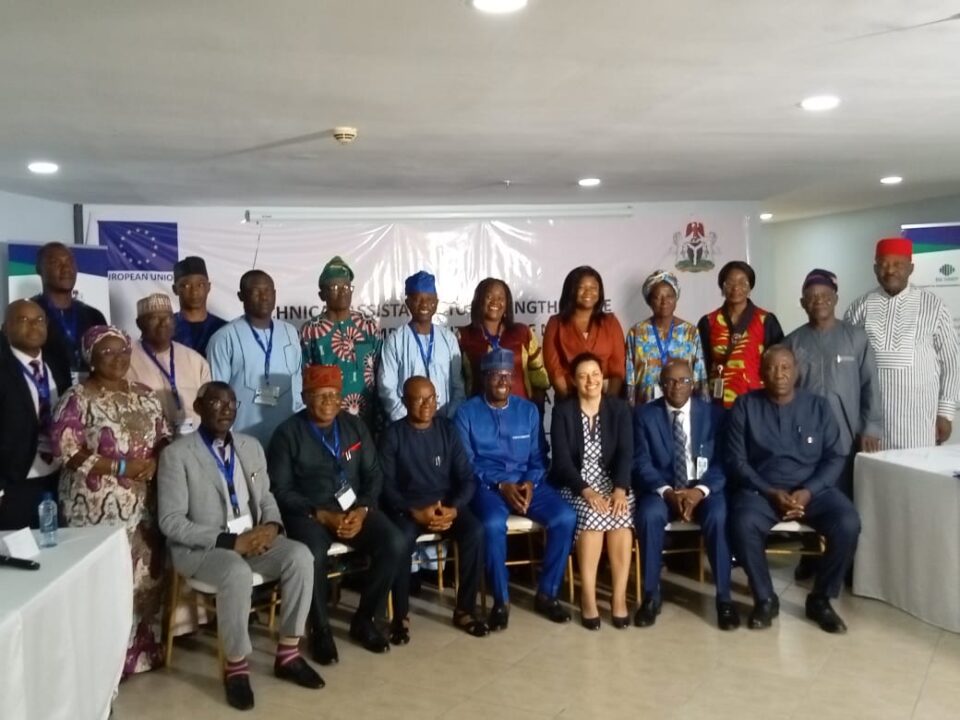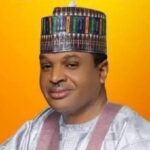The European Union, EU, has partnered with Nigeria on the execution of the EU-SINEP project, pledging to support with N513m to ensure implementation.
EU’s Head of Cooperation to Nigeria, Cecile Pelzer said this at the “Launch of the Technical Assistance to Strengthen the Capacity for Implementation of the National Economic Policies and the EU Development Initiatives Including the Documentation of the EU Projects in Nigeria (the EU-SINEP project for short)”.
Delivering a remark at the launch of the project in Abuja on Tuesday, Pelzer noted that the EU and Nigeria have had a very substantial, intertwined, bilateral relationship, which encompasses political, security, economic and commercial cooperation, as well as an active portfolio of development programmes.
She added that through the Ministry of Finance, Budget and National Planning, the project would provide technical assistance to build on some additional capacity for the ministry in implementing the plan and contribute to the better implementation, monitoring, coordination and evaluation.
She said, “The objective is to help Nigeria overcome different challenges altogether. Nigeria is one of EU’s most important trading partners and the volume of trade has a positive trade balance in favour of Nigeria. However, the project is to help the ministry in its efforts to design and implement the best practice economic policy proposal. This one is a small project and we are funding with €1.2m euros but the overall partnership is over €500 million.”
On his part, the Minister of State for Budget and National Planning, Prince Clem Agba, represented by his Special Assistant Dr Ugbodaga, said the project is expected to support opportunities that accelerate new investments for critical projects and frameworks for the resolution of complex inter-agency problems inhibiting private investments in Nigeria’s economy.
He added that the resolution to be made for the implementation would be “Translated into Hausa, Igbo, Yoruba languages, pidgin and braille that are relevant for galvanising popular support, as well as, promoting citizen’s participation in governance.”



